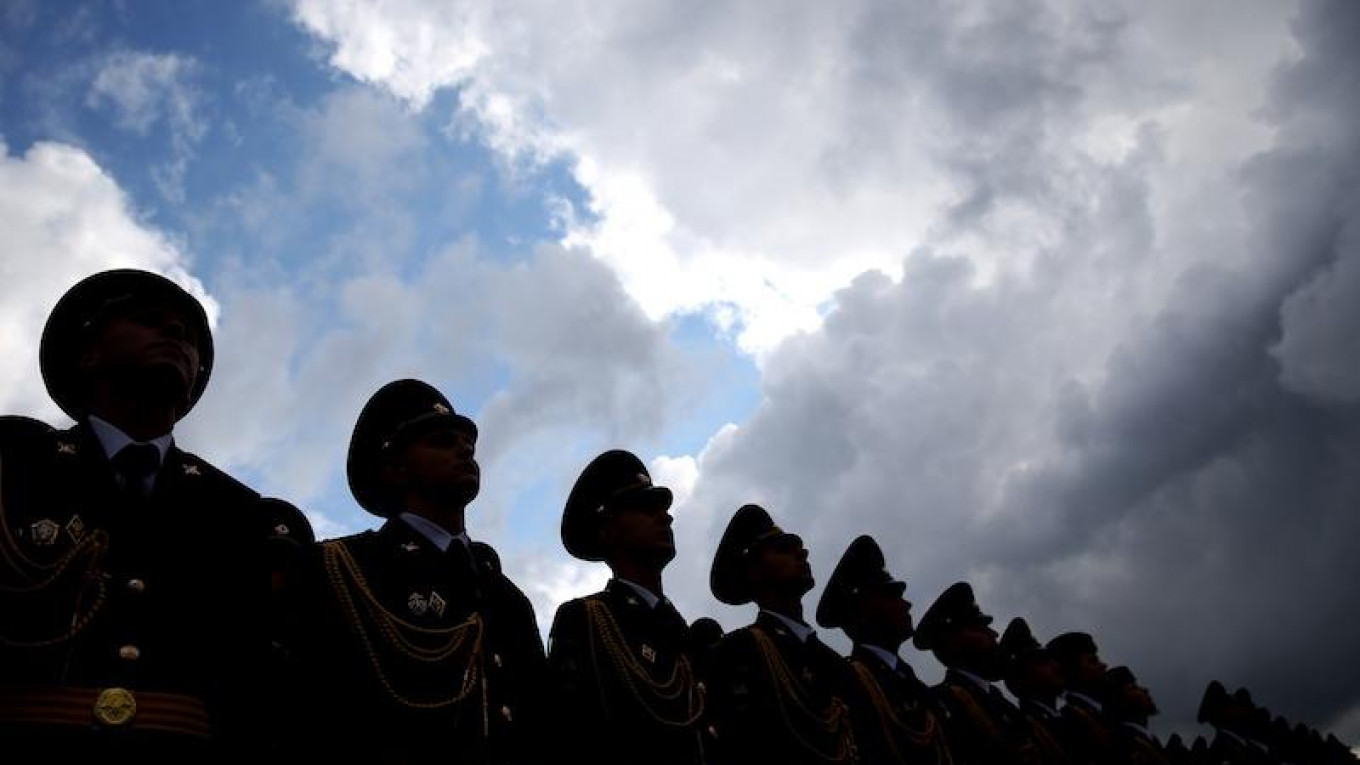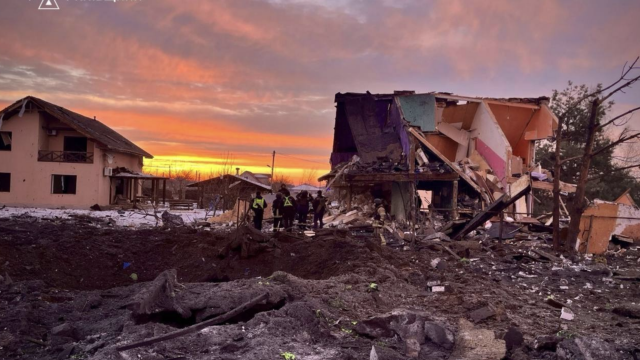Early in the morning of Sept. 19, just as the first
landslide results of Russia's parliamentary elections began to trickle in, the
Kommersant newspaper published an eye-catching report. The Kremlin was to
embark on a major restructuring of its security agencies, it said. Plans were
already afoot to create a “State Security Ministry,” essentially elevating the
Federal Security Service (FSB) to the position it enjoyed in its Soviet heyday
as the KGB.
According to the unverified report, several smaller agencies, including the Foreign Intelligence Service (SVR) and most of the Federal Protection Service (FSO) were to be rolled up into the new security behemoth, and the Investigative Committee (SKR) was to return to its previous home in the General Prosecutor's Office. All would be implemented in time for the 2018 presidential elections.
The idea of recreating an overarching security ministry is not new. Almost from the day President Boris Yeltsin moved to split the KGB up into constituent parts, the spooks have pushed to regain their former status. Serious proposals to reconstitute old KGB functions were put forward in 2004 and 2012. In both cases, President Vladimir Putin reportedly acted as a block.
“He wanted to maintain competition within the intelligence community,” says Vladimir Frolov, a foreign policy expert.
That dynamic may have changed, and several experts told The Moscow Times they believed consolidation within the security bloc was plausible, especially following the introduction of a new National Guard. Tellingly, the Kommersant leak has been reported in several loyal government media, and Putin's spokesman has refused to deny the plans.
A source close to the government, who asked to remain anonymous, told The Moscow Times that he believed further security consolidation was imminent. It was, however, unlikely to be in the form suggested by Kommersant: “The boss is quite rational: Why would [Putin] push everyone into the same spot? They are supposed to rat on each other.”
Gennady Gudkov, an opposition politician who worked in the KGB's counter-espionage section between 1982 and 1993, suggested the removal of mutual interagency control was the most dangerous part of the proposal.
“We've been here before, whether that be the 1930s during the Great Terror, after the war and the time of [infamous security chief Lavrenty] Beria, or during Brezhnev's era, when the KGB was a monster,” he said. If imposed, the changes would result in “further politicization” of law enforcement and prosecuting bodies, “conveyer justice” and “more repression of the opposition.”
Gudkov does not discount the possibility that the Kommersant leak was an attempt to gauge a reaction. “The FSB is empire building, and trying to persuade Putin to impose the iron fist and expand their remit,” he says.
The proposals are likely to be met with resistance by both the FSO and SKR, both of which would be merged into the FSB and Prosecutor’s Office respectively. There would be many redundancies and much blood-letting; relations between prosecutors and officials of the Investigative Committee are, for example, already terrible.
According to the Kommersant report, the changes are being made to streamline government, and control government corruption.
Analyst Mark Galeotti suggests the proposals instead indicated “elite paranoia,” and were likely to fail on both advertised fronts. “No corruption case inside the Russian security services has ever been brought about internally; it is always about competing agencies,” he says. “If I were a corrupt security officer, I would think life is about to get just great.”
A Message from The Moscow Times:
Dear readers,
We are facing unprecedented challenges. Russia's Prosecutor General's Office has designated The Moscow Times as an "undesirable" organization, criminalizing our work and putting our staff at risk of prosecution. This follows our earlier unjust labeling as a "foreign agent."
These actions are direct attempts to silence independent journalism in Russia. The authorities claim our work "discredits the decisions of the Russian leadership." We see things differently: we strive to provide accurate, unbiased reporting on Russia.
We, the journalists of The Moscow Times, refuse to be silenced. But to continue our work, we need your help.
Your support, no matter how small, makes a world of difference. If you can, please support us monthly starting from just $2. It's quick to set up, and every contribution makes a significant impact.
By supporting The Moscow Times, you're defending open, independent journalism in the face of repression. Thank you for standing with us.
Remind me later.






